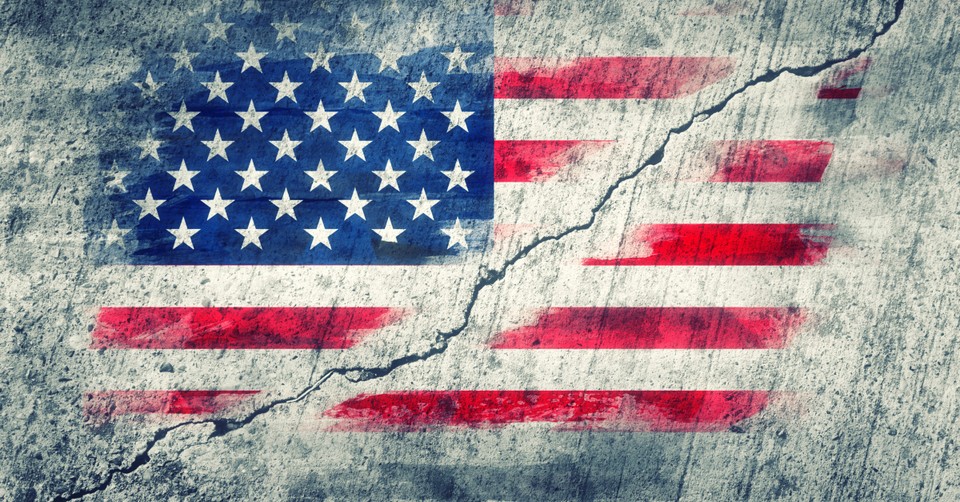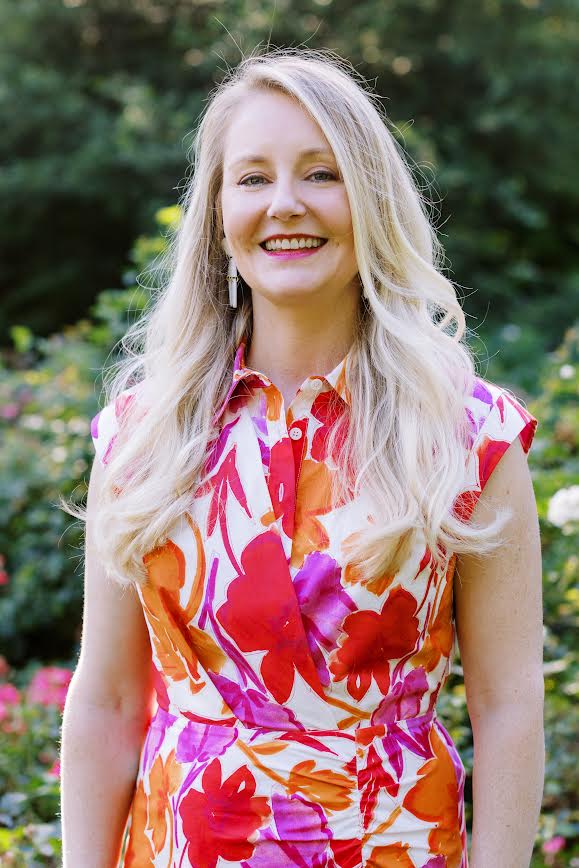6 Ways to Make This Election Day Less Divisive

A friend of mine recently stated, “The thing I worry most about isn’t who will win the presidency; it’s the aftermath. If we don’t have a clear winner and it’s contested, there will be even more upheaval. People will be even angrier on both sides of the political aisle.”
It’s hard to imagine a more vitriolic environment than we have right now in the final days leading up to the 2020 election. But my friend reminds me that it’s possible, and some would say, probable...that anger can escalate, dividing instead of uniting us.
If we’re unhappy with the candidate on either side, it’s fair to ask why that candidate is our nation’s choice to begin with. As Americans, the politicians work for us. We elect them to do a job, and the candidates who step forth are symptomatic of the needs that have arisen.
Many have criticized one candidate for obnoxiousness; some wonder if the other will be a pawn. Both are representative of a divided nation. To be sure, the growing division in our country runs deeper than any candidate.
It begs the question: what can Christian Americans can do in addition to casting our vote? Here are six suggestions to shift the country in a more constructive direction:

1. Value and Foster Peace
As I turn on the news, it’s routine to see organized violence in our major cities that’s different from peaceful protesting. Criminal activity persists and spreads. All citizens feel new kinds of fear about who to trust. Police feel the strain of how to properly handle the unjust actions of some, while navigating a new climate of fear and panic.
The safety of all people should be our top priority as a nation. When we value our own personal opinions and ideals before the basic safety and respect of others, distrust grows. Instead, we as Christians can stand for peace—peace that’s active, not absent or disinterested—peace that can lay the bedrock for true life-giving reform and change.
2. Seek a Balanced Perspective
Unfortunately, the bias of our news outlets is apparent, and feeding our divide. It is increasingly hard to attain a healthy, balanced perspective when we’re spoon-fed agendas.
Social media is an even more divisive force. News of the recent Facebook and Twitter censorship sent shockwaves across the internet. Further, The Social Dilemma that’s airing on Netflix catalogs social media’s complicity.
Various tech creators argue that social media likes to surround us with voices that agree with us, because that’s when we’re most susceptible to advertising. In other words, they make more money the more divided we are. What’s worse is that they also control the information we receive to reinforce that division, and fake information is more clickable than facts.
I know one tenured history professor in New Jersey who regularly reads the New York Times and Wall Street Journal and watches FOX for the breadth of perspective vital to his field.

3. Choose Words Wisely
“Language is a gift of God.” That’s what the award-winning author Leslie Leyland Fields said in a Redbud Writer’s Guild retreat I attended this past weekend. The problem is, we as a people have contorted that gift.
Amidst the Twitter rampaging, social media jabs, and partisan speak, Leslie observes that “our violent words have created a violent world.” The good news is that we can always redeem that choice.
On the recent episode of my show Chaos to Calm, professional counselor Michelle Nietert advocated “purpose-filled screens.” As Christians, we can use our words to encourage others and share God’s love online.
Like Gandhi attested, we can be the change we want to see in the world.
4. Have Difficult Conversations
New York Times bestselling author Brené Brown writes about our nation’s increasing divide in her book Braving the Wilderness. She notes how instead of constructive debate, we are simply shouting louder and louder from our bunkers on the other side. There was evidence of that in the first presidential debate.
One of my favorite quotes from Brené’s book reads, “No vulnerability, no courage.” Simply put, it is our willingness to humbly and vulnerably share our stories that can evoke real change and foster connection.
For that to happen, we need to create a safe space by listening and communicating with intention. I am fond of a technique called non-violent communication, which encourages people to each identify a feeling, need, and request in disagreement.
We can bridge the bunker gap through constructive conversation and model what we’d like to see in our leaders.
5. Build upon History
I have a passion for racial inclusion and advocacy, yet I was disheartened when I saw that a public statute of Abraham Lincoln had been torn down and defaced. Abraham Lincoln has been credited by some as one of the greatest early presidents for civil rights, yet the statue was vandalized.
Just as parents attempt to make their children’s lives better than their own, we as a nation are best when we improve upon previous generations in decisive ways.
There is always room to grow. History can continue to improve for all people when we join hands in the present.

6. Sow a Seed
One of the ways that we can positively impact subsequent generations is through concrete positive actions. Jesus attested to the fact that a small act of faith can make big impact (Matt. 17:20), so we should never be afraid to start with one intentional step.
For instance, I love how my son’s school is doing a mock election this year. It’s teaching the kids how to become a part of the electoral process, verbalize and flesh out their views, and respectfully disagree with someone. By modeling a healthier process from a young age, we can empower the next generation with more tools.
Dividing our nation with violent words or actions only hurts the common good, distancing us from large-scale cooperation and progress. When we take time to enlarge our perspective and learn from one another, everyone benefits.
So the next time we’re ready to cast a stone, let’s remember Jesus’ example. By dropping the stone, we break a tiresome cycle, benefit our neighbor, and free ourselves.
Photo Credit: ©Getty Images/natasaadzic

Originally published October 21, 2020.




